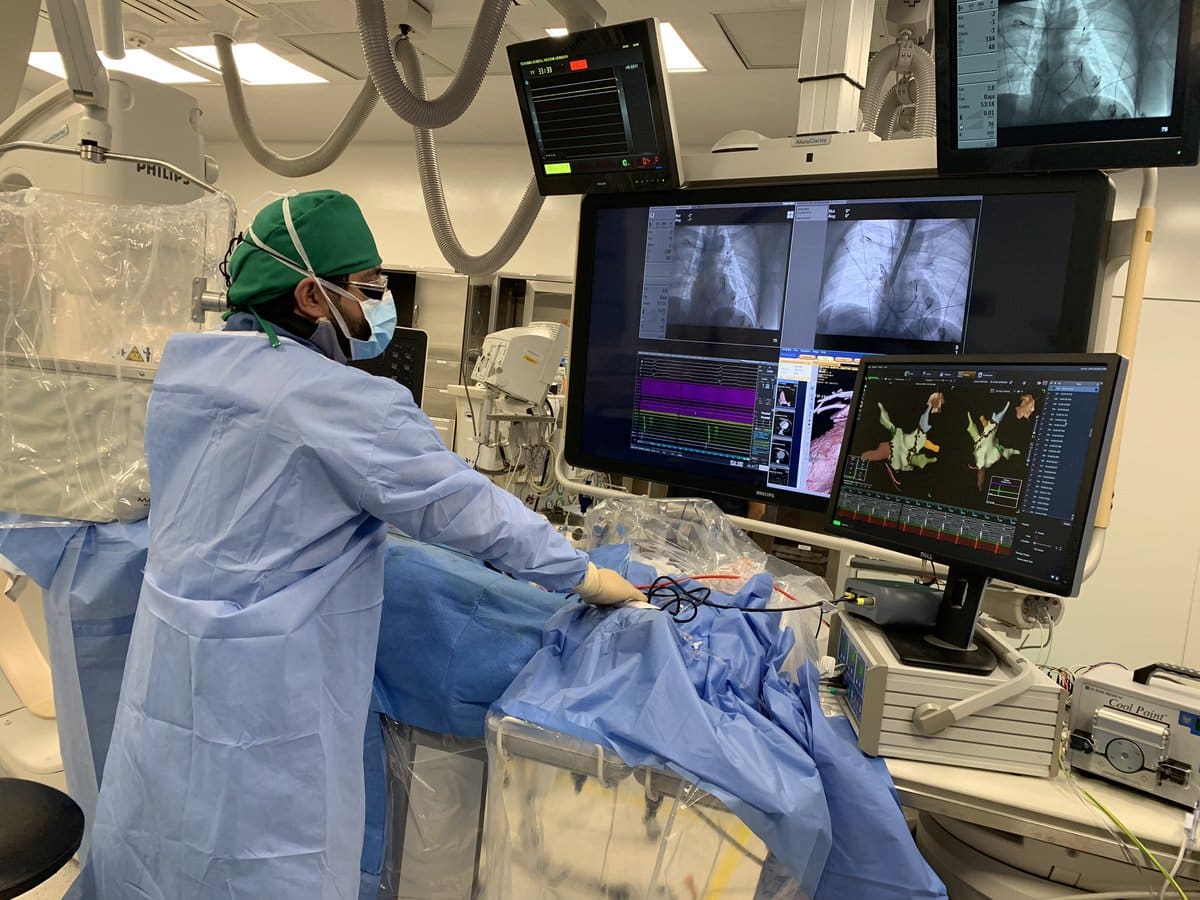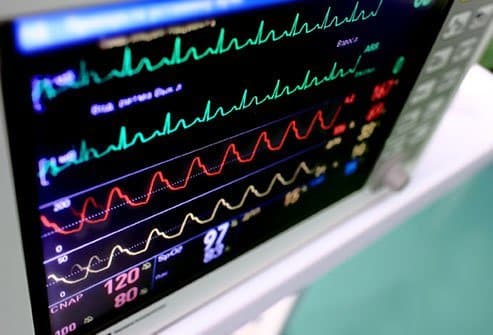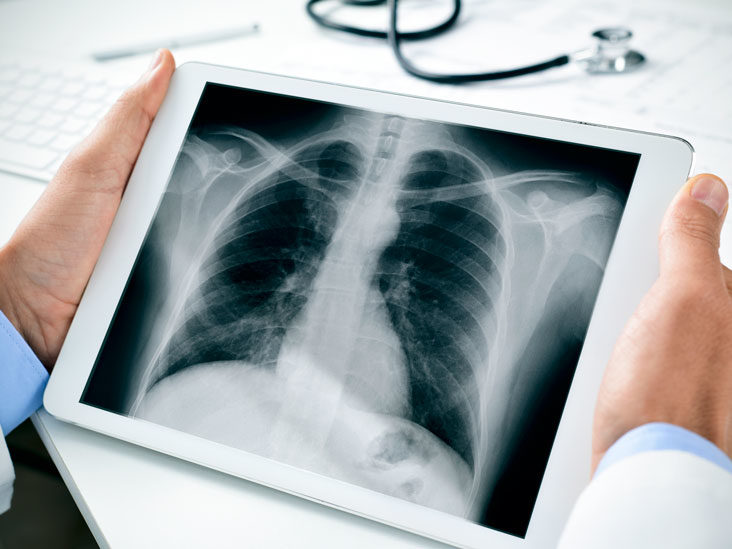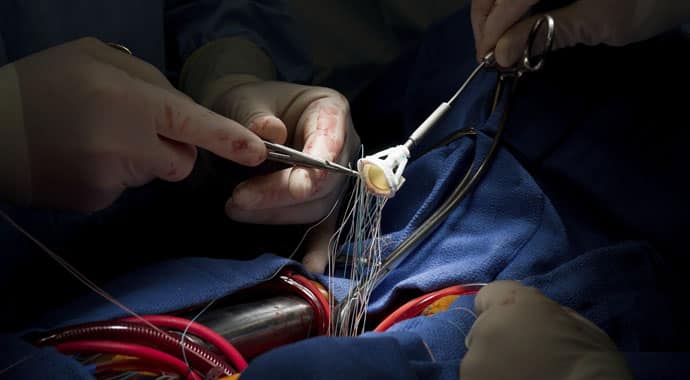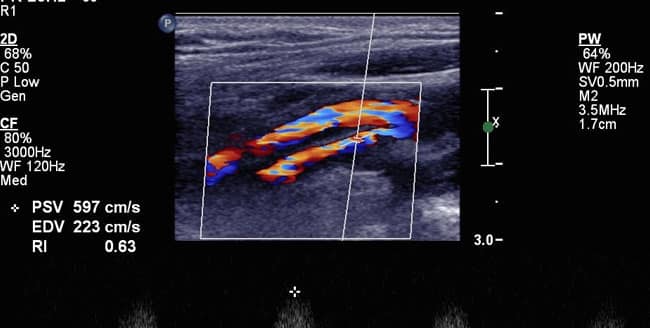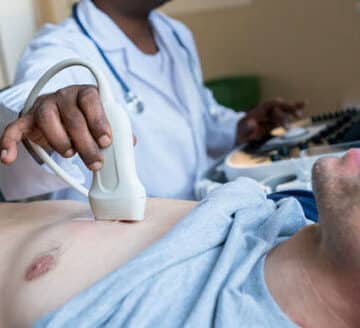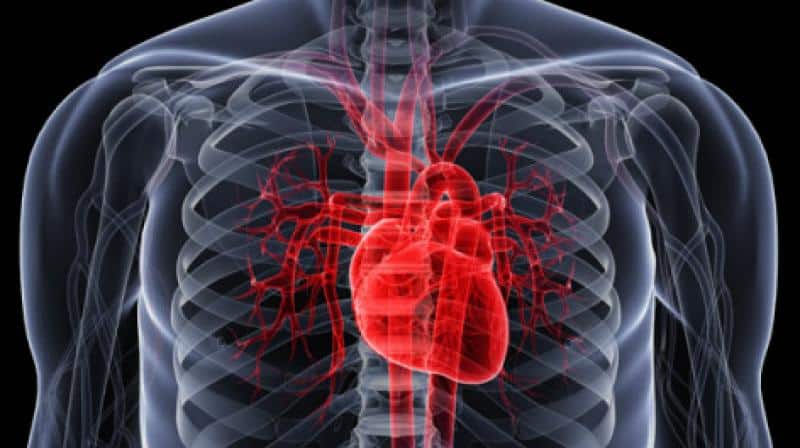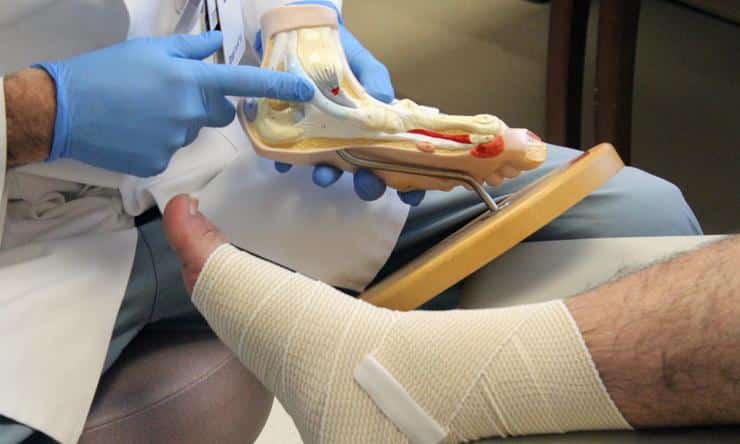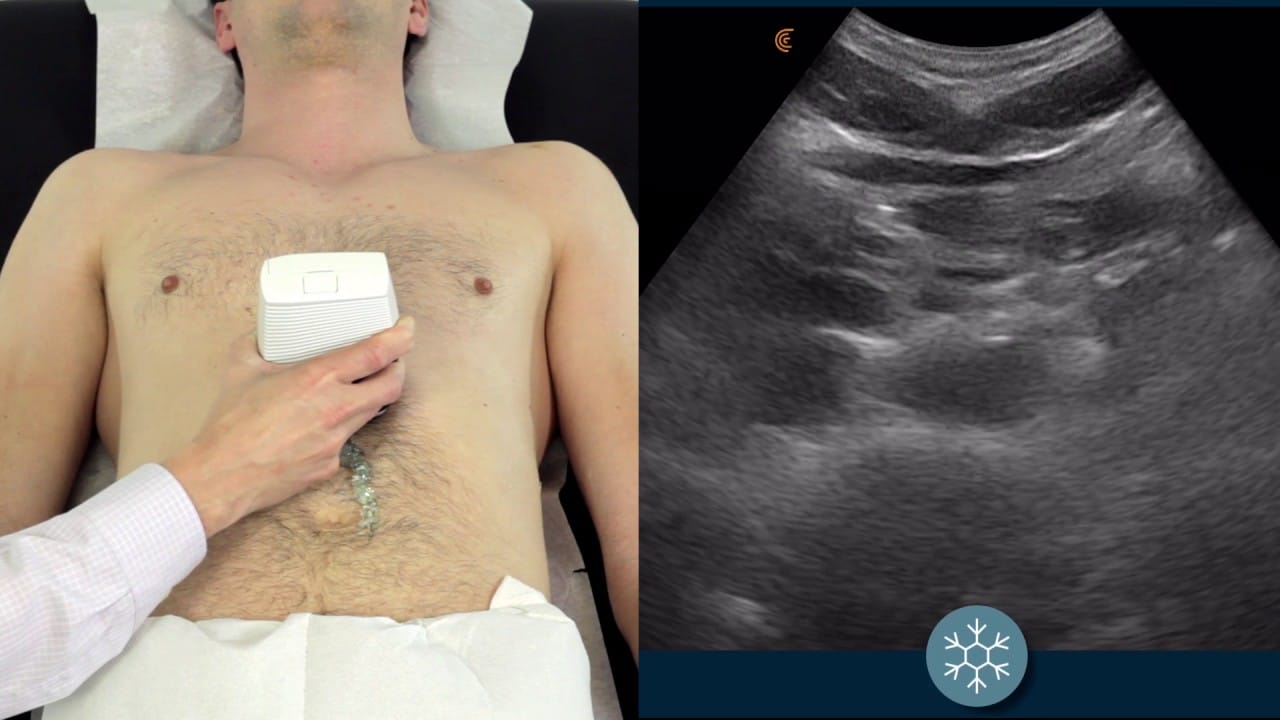Peak Heart & Vascular
Multispecialty Cardiovascular Group located in Laveen, Surprise, Avondale, Phoenix, and Flagstaff, AZ
To avoid complications from high cholesterol, you need regular cholesterol monitoring and proper treatment if you do have the condition. The team at Peak Heart & Vascular has the expertise to diagnose high cholesterol and provide personalized care to help you manage the disease. Don’t let high cholesterol damage your health and quality of life. Schedule an evaluation with an outstanding provider by calling the Laveen, Surprise, Avondale, Flagstaff, or Phoenix, Arizona, office today, or booking online.
High Cholesterol Q & A
What is high cholesterol?
Your liver produces cholesterol, a fatty substance known as a lipid. Cholesterol helps your body produce vitamin D, certain hormones, and the membranes that surround your cells. Your liver makes two types of cholesterol: good” cholesterol refers to high-density lipoprotein (HDL); “bad” cholesterol refers to low-density lipoprotein (LDL).
High cholesterol, also called hyperlipidemia, occurs when the level of LDL cholesterol in your blood rises above normal levels. It can build-up within your blood vessels, so they become narrow and constricted, interfering with blood circulation, and potentially causing severe or life-threatening complications.
What causes high cholesterol?
Eating a diet high in meat and saturated fat and inadequate exercise causes high cholesterol most of the time.
Other contributing factors include:
- Smoking
- Excessive alcohol consumption
- Being overweight
- Genetics
- Medications containing hormones and steroids
- Diabetes, hypothyroidism, and other chronic conditions
Until age 55, men tend to have higher HDL levels than women, but beyond that age, both men and women have an equally elevated risk for the condition.
Does high cholesterol have symptoms?
Frequently, patients with high cholesterol don’t have any symptoms in the early stages. As the disease progresses, health complications begin to arise. These include:
- Arteriosclerosis (narrowing of the arteries)
- High blood pressure
- Angina (chest pain)
- Heart attack
- Stroke
High cholesterol can also lead to chronic kidney disease.
How does a doctor diagnose high cholesterol?
The skilled physicians at Peak Heart & Vascular can diagnose high cholesterol with a routine blood test. Your physician also conducts a review of your health history and any concerning symptoms and performs a physical exam. This helps them rule out any additional underlying medical conditions.
What is the best treatment for high cholesterol?
To address high cholesterol, your caring provider at Peak Heart & Vascular creates a personal management plan. Your plan might include:
- Regular cholesterol checks
- Nutritional counseling
- Exercise recommendations
- Weight loss programs
Statins and other prescription medications can help to bring high cholesterol under control while you make healthy adjustments to your lifestyle. In some cases, your provider may recommend a procedure to remove a blockage from your arteries caused by high cholesterol.
Working with an experienced doctor to manage your cholesterol can help you live a healthy, active life. To schedule an evaluation for high cholesterol, call Peak Heart & Vascular today, or request an appointment online.

